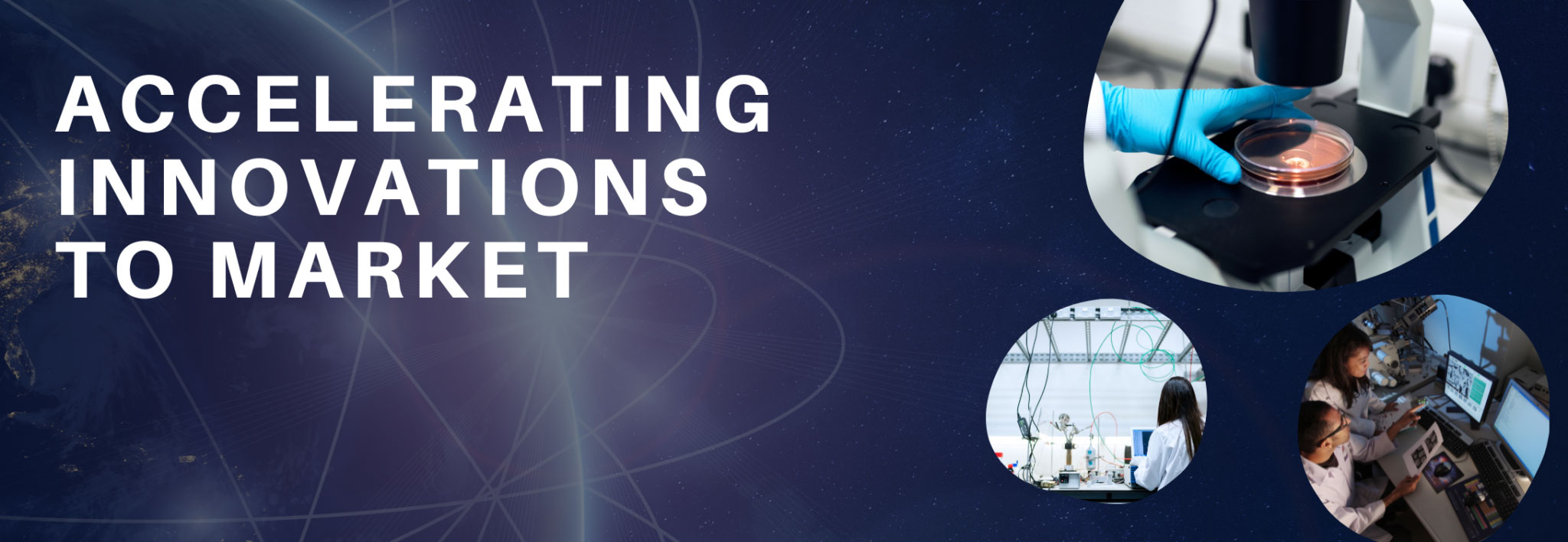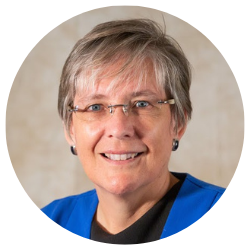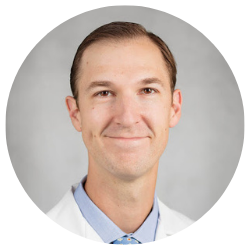
Awards Announced for the 2021 Accelerating Innovations to Market Cycle
December 14, 2020
With over $206,000 in funding this year, UC San Diego’s Accelerating Innovations to Market (AIM) advances technology for shared social and economic prosperity, building a robust culture of innovation.
Although vast and well resourced, the UC San Diego innovation ecosystem is also disparate and can be challenging to navigate for collaborators and innovators alike. AIM is a unique program at UC San Diego wherein the tightly linked efforts between private and public resources manifest in a focused effort to advance novel technologies to market.
"This program is all about engagement and empowering potential," said Associate Vice Chancellor Paul Roben of the Office of Innovation & Commercialization. "We foster and nurture relations, both internal and external, for the benefit of inventors, campus community, and society at large, growing future leaders, entrepreneurs, innovators, and risk-takers."
This year’s awarded projects for the 2021 Accelerating Innovation to Market cycle showcased the breadth of UC San Diego’s research enterprise and diverse talent. We are proud to announce 2021’s recipients:
 Frank Talke, Jacobs School of Engineering - Mechanical and Aerospace Engineering
Frank Talke, Jacobs School of Engineering - Mechanical and Aerospace Engineering
Co-researcher: Madhu Alagiri, ICM - Parth Majmudar
Technology/Therapy Featured:
Catheter associated urinary tract infections (CAUTI) are the most common healthcare associated infections. We have created an antimicrobial urinary catheter coating capable of preventing biofilm growth on the surface over an extended period of time.
Their innovation involves manufacturing the coating and applying it to standard silicone catheters, as well as utilizing multimodal mechanisms of action in our technology to prevent biofilm formation. We have collaborated with a bio-lab on campus to conduct antimicrobial resistance experiments in order to test both planktonic and biofilm growth on our samples, as well as testing our coating against current market competitors.”
 Kelly Frazer, Department of Pediatrics
Kelly Frazer, Department of Pediatrics
Co-researcher: Bill Young Greenwald, ICM - Chris Loryman
Technology/Therapy Featured:
A one-size-fits-all therapy for cancer is likely to never be found; the field is thus turning toward personalized therapies, which utilize tumor mutational profiles. Paralogs – genes which are derived from the same evolutionarily ancestral gene – are often deleted in cancers and could be taken advantage of for creating cancer therapeutics.
However, they are often overlooked as it is difficult to understand how to utilize them. Synthalogy Therapeutics was founded on insights which enables paralogs to be utilized for cancer therapies; this proposal focuses on validating two targets, which could be used to treat breast, ovarian, and intestinal cancers.
 Edward Chao, School of Medicine
Edward Chao, School of Medicine
Co-researchers: Joseph Wang and Ernesto De La Paz Andres, ICM - Victoria Cajipe
Technology/Therapy Featured:
Every 19 seconds, an American adult is diagnosed with diabetes. Diabetes can double to quadruple the risk of having a heart attack or stroke. Checking blood sugar can be a painful hassle. We would be the first to develop a needle-free sensor that accurately measures glucose from fluid surrounding the cells, and is easy to use.
This sensor is wearable, lightweight, flexible, and sticks to the skin like a temporary tattoo. This device may assist patients in better engaging with their diabetes, and improving their quality of life.
 Dionicio Siegel, Skaggs School of Pharmacy and Pharmaceutical Science
Dionicio Siegel, Skaggs School of Pharmacy and Pharmaceutical Science
Co-researchers: Alan Saghatelian, Srihari Konduri, Matthew Kolar, ICM - Chris Loryman
Technology/Therapy Featured:
Atopic dermatitis generally affects children, but can also affect adults, and has a prevalence of 11 to 15 percent in the United States. The pathogenesis of atopic dermatitis is attributed to epidermal barrier dysfunction and chronic T-cell mediated inflammation of the skin. Studies have shown that between 21-84% adults and parents of children with atopic dermatitis have topical corticosteroid (TCS) phobia due to potential negative side effects of steroids.
TCS phobia leads treatment failure due to nonadherence. We propose to develop a new, single agent anti-inflammatory derived from oats that provides a therapeutic approach for treating atopic dermatitis.
 Andrew Vahabzadeh-Hagh, Department of Surgery
Andrew Vahabzadeh-Hagh, Department of Surgery
Co-researchers: Philip Weissbrod and Shiv Patel, ICM - Chris Loryman
Technology/Therapy Featured:
In order to combat viral transmission during aerosolizing endoscopic procedures both in the context of COVID-19 and viral transmission in general (i.e. flu season), the team has proposed a mask that both filters air going in and out of the patient’s respiratory system and allows for easy insertion of an endoscope. Direct insertion of the scope into the mask and eliminates the need for the physician to navigate through the “dead space” between the inner layer of the mask and the nostril. This mask is created to be disposable and provide protection to the physician and patient while easily performing endoscopic procedures.
Additionally, the mask will contain any otherwise aerosolized particles, thus reducing the contamination of an exam room and potential exposures to other, perhaps less well protected, personnel. This project will evaluate the clinical feasibility of a mask created for patients to wear during endoscopic procedures. Based on simulated endoscopies done by UC San Diego residents on mannequins, their current data shows no performance difference in endoscopy with and without the mask, and they are interested in seeing how this translates clinically.
Industry Partners at the Center of Innovation
Industry partners offer invaluable insight into markets, investment readiness, business development, and an appreciation for efficiency that catalyzes innovation. Curated intellectual property experts from Mintz, scientists from Takeda and EMD-Serono, business development leaders from First Republic Bank, and investment intelligence from DEERFIELD and Bow Capital make a big difference in the trajectory of startups and the evolving culture of innovation at UC San Diego.
To learn more about where these technologies will go next, check out the AIM program.
If you have a new idea or invention, check out our Disclose & Patent pages. Interested in bringing your innovation to market? For questions contact aimgrant@ucsd.edu.
About AIM
Accelerating Innovation to Market distills inventor talent and provides mentoring, resources, funding, and access to partners as well as investors to advance ideas from UC San Diego labs through feasibility projects and validation prototypes - ultimately to scale. Our effort is to clarify potential, lower the risk of commercialization, and strengthen the UC San Diego innovation ecosystem as we strive for shared social and economic prosperity. Furthermore, by working together, we can pool the value of our respective networks to assist more teams and startups than ever before.